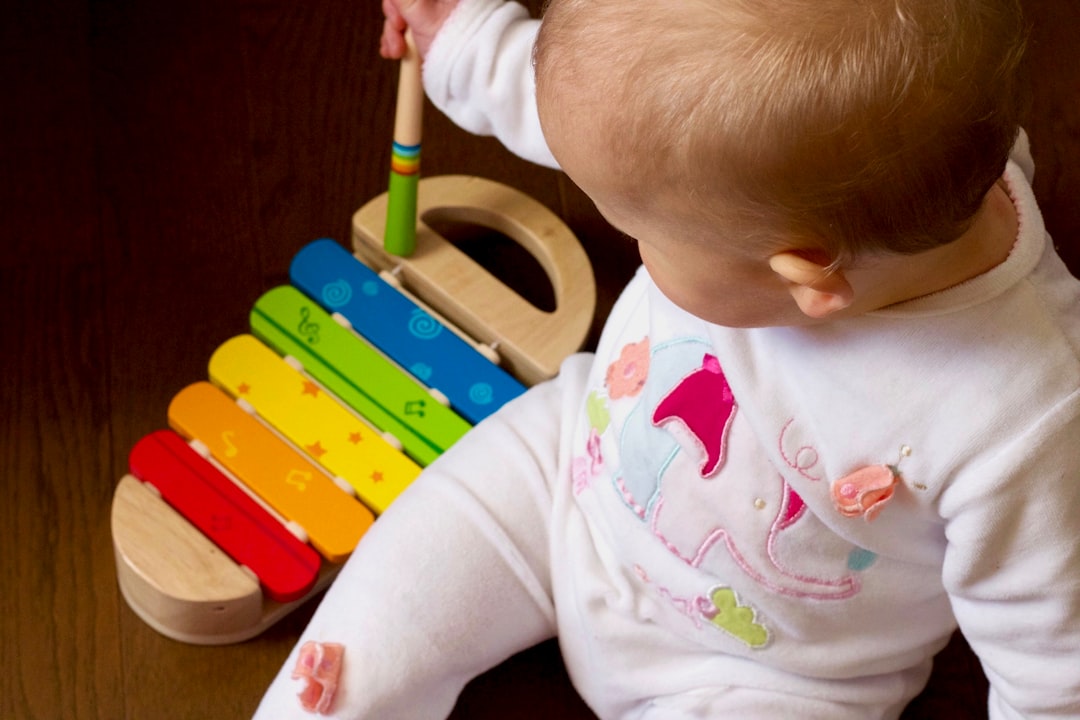Introduction:
The formative years of a child’s life, from birth to age eight, are critical for cognitive, social, emotional, and physical development. This period is a window of opportunity during which the foundation of a person’s lifelong health, learning, and behavior is laid. As such, understanding and implementing effective strategies for early childhood development is crucial for parents, educators, and communities seeking to optimize the potential of their youngest members.
Nurturing Emotional Intelligence in Early Learners
Emotional intelligence, the ability to recognize, understand, and manage one’s own emotions as well as empathize with others, is as important as cognitive development. From infancy, children can be taught to express and regulate their feelings through structured and responsive interactions. Caregivers can engage in activities like reading stories with emotional content, discussing characters’ feelings, and encouraging children to label their own emotions. This early emotional education can lead to better social skills and fewer behavioral problems.
The Role of Play in Cognitive Development
Play is not just a leisure activity; it is a vital educational tool that fosters cognitive development in early childhood. Through play, children learn problem-solving skills, develop speech and language, and engage in critical thinking. Structured play, such as puzzles and building blocks, enhances spatial reasoning and mathematical skills, whereas unstructured play, like pretend games, boosts creativity and negotiation skills. Ensuring a balanced playtime that includes both structured and unstructured activities is key to holistic early childhood development.
Early Literacy and Language Acquisition
Building a Foundation for Reading and Writing
Literacy begins long before a child starts to read. Early literacy skills are built through listening, speaking, reading, and writing. Parents and educators can promote literacy by incorporating reading into the daily routine and by discussing and expanding on stories to enhance comprehension. Interactive reading, where the child is asked to predict what happens next or to relate the story to their own experiences, can enrich language skills and prepare them for future academic success.
The Importance of Multilingual Exposure
Exposing children to multiple languages early in their development can provide cognitive benefits, including improved problem-solving skills and greater mental flexibility. Bilingual or multilingual children often show advanced executive function, which involves skills like memory, attention, and self-control. Simple ways to introduce new languages include bilingual books, music, and interactive language apps. The key is consistent exposure and practical application in daily situations.
Integrating Technology Responsibly
Technology, when used appropriately, can be a powerful tool for early childhood development. Educational apps and games can reinforce learning concepts and skills in a fun and engaging way. However, it is crucial to balance screen time with interactive, hands-on learning experiences. Parents and educators should choose high-quality educational content and ensure that technology use does not replace critical activities such as sleep, physical play, and face-to-face interactions.
Health and Physical Development
The Impact of Nutrition on Brain Development
Proper nutrition is fundamental for cognitive development and overall health in the early years. Foods rich in iron, omega-3 fatty acids, and proteins are essential for brain development. Regular meals and snacks can also stabilize energy, sharpen focus, and improve mood, aiding in better learning and interaction in young children.
Encouraging Physical Activity
Physical development is as crucial as cognitive and emotional development. Regular physical activity helps children to build muscle strength, coordination, and confidence. Activities like running, jumping, and climbing are important for physical health but also provide opportunities for children to learn boundaries, risk-taking, and persistence. Encouraging daily physical activity and reducing sedentary time promotes healthier lifelong habits.
Conclusion:
Early childhood development is a multifaceted process that requires a balanced approach to nurture all aspects of a young child’s growth. By focusing on emotional intelligence, play, literacy, responsible technology use, and physical health, caregivers can provide children with a robust foundation for a prosperous future. Each of these strategies is crucial in shaping capable, confident, and well-rounded individuals who will lead and enrich our communities in the years to come.






